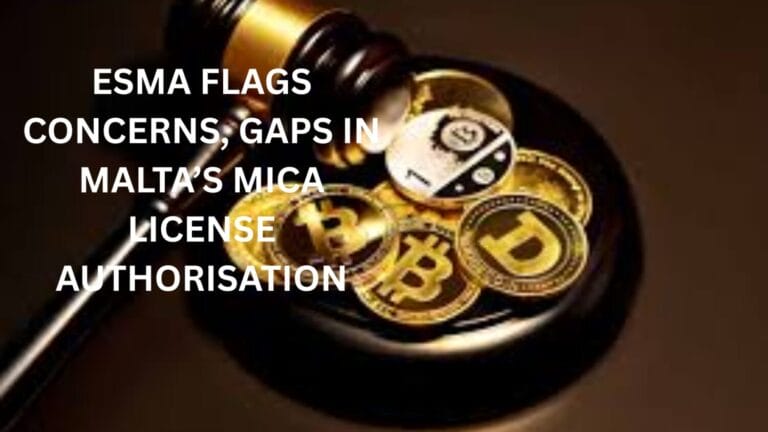Key takeaways:
- Almost 200 domestic crypto service providers in Estonia have voluntarily chosen to close their doors since the AML law amendment on March 15
- Additionally, due to non-compliance with the criteria, some 189 companies had their authorizations cancelled.
Over 400 Virtual Asset Service Providers (VASPs) have voluntarily ceased operations or had their licences revoked since Estonia’s stronger Terrorist Financing Prevention and anti-money laundering (AML) legislation were implemented in March.
Similar numbers of applications were turned down by the nation’s Financial Intelligence Unit (FIU) due to inadequate translations and board members with dubious qualifications. Numerous exchanges were unable to conclusively show connections to Estonia.
According to sources, the Financial Intelligence Unit, which is in charge of enforcing the 2022 rule mandating that businesses keep sizable capital reserves and genuine ties to Estonia, rejected over 200 licence applications while businesses withdrew an equal number themselves.
Matis Maeker, the director of the Financial Intelligence Unit (FIU), raised concerns about the true intentions of cryptocurrency firms applying for licenses in Estonia, suggesting that some may have had ulterior motives such as facilitating illegal transactions.
As a result of new laws focused on consumer protection and money laundering compliance, approximately 200 companies chose to withdraw their license renewal applications by the June 3 deadline.
Matis Mäeker, claimed that the organisation had found “suspicious circumstances” in a few of the applications that showed connections to criminal activity.
Mäeker emphasised that the FIU will soon switch from paper-based evaluations to routine on-site supervision, making it possible to monitor crypto companies more effectively. After the Danske Bank money laundering incident involving Russian cash moving through the bank’s Tallinn branch, Estonia, recognised for housing tech titans likewise, Bolt, and Skype, is attempting to restore its credibility.
Notably, the rules adopted by the Estonian government tightened the required compliance requirements for virtual assets service providers (VASPs).
Recall that, Two Estonian nationals were detained in Tallinn in November of last year on suspicion of conducting a $575 million cryptocurrency fraud scam.
Increased licensing fees, capital requirements, and information reporting specifications are among the new regulations. The crypto companies were expected to keep strong financial reserves and ties to Estonia.









